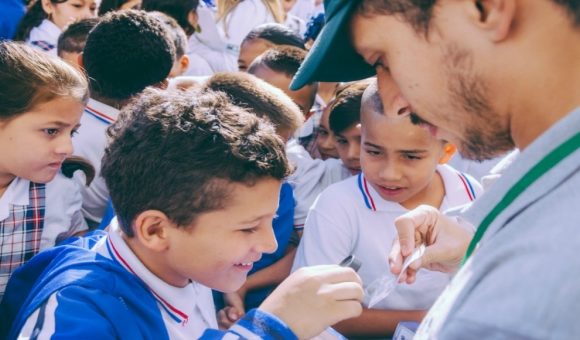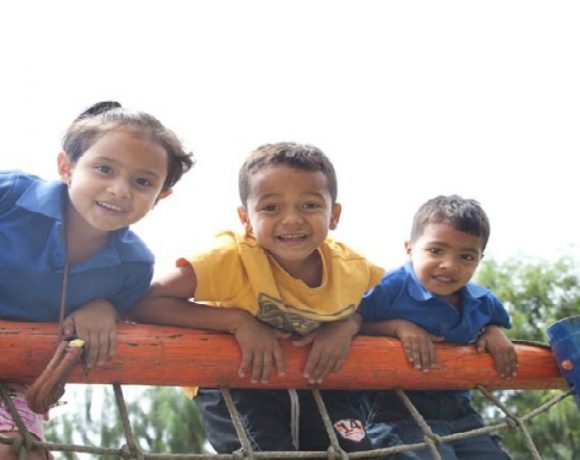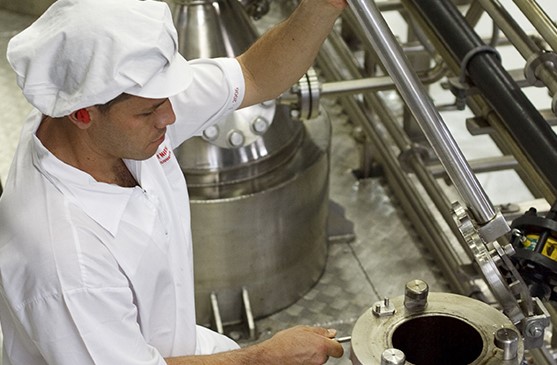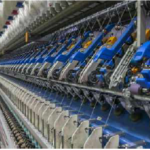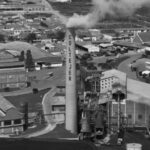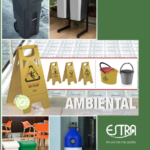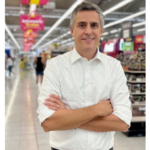Medellin’s Pioneering ‘Tikkun Olam Makers:’ Students, Teachers, Institutes, Companies Altogether Creating Novel, Practical Technologies for Disabled People
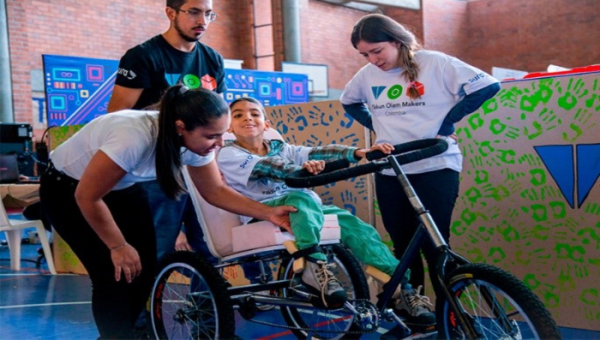
Back in 2016, Medellin-based engineering-technology “coach” Hector Londoño was searching world-wide for new, creative ways to inspire his students to get involved in designing and building novel, affordable products that could help improve the lives of disabled people.
At first, Londoño — a 20-year-veteran educator (including the last 14 years at The Columbus School, Medellin’s prestigious bilingual primary-through-secondary school) — had no idea that this search eventually would lead him to Israel’s Mashav international development agency. That trip also included a one-month tour of some of Israel’s world-famous engineering and educational centers.
The 2016 trip – sponsored by The Columbus School – enabled a crucial meeting with Mashav executive Damian Filut, who introduced Londoño to the global “Tikkun Olam Makers” (TOM) organization, which promotes free, open-source technology development for disabled people world-wide.
“Tikkun Olam” is an ancient Hebrew phrase that can be translated as “mending the world,” a commandment that calls upon Jews to help disadvantaged people overcome obstacles and injustices.
Based upon that tradition, Tikkun Olam Makers (TOM) arose in 2014 — founded jointly by U.S.-based philanthropist Gidi Grinstein, Israel’s social-advocacy Reut Group and the ROI Community of the Schusterman Philanthropic Network.
Today, Medellin hosts Colombia’s first — and only, so far — local chapter of TOM — and it has delivered impressive results in five years of projects and programs here. Also note: the program joyously involves both Jews and non-Jews alike.
TOM-Medellin works in cooperation with El Comite de Rehabilitacion de Antioquia (CRA), Medellin’s prestigious EIA engineering university and numerous Medellin-based corporate sponsors including multinational banking colossus Bancolombia, electric power giant Celsia, construction giant Conconcreto, multinational health-care conglomerate Grupo Sura, technology incubator Ruta N and frequent collaborators including Medellin’s pioneering Theodoro Hertzl primary/secondary school.
Each year, TOM-Medellin organizes a public event where students from The Columbus School, EIA and other specialist collaborators show-off their prototype products that were first suggested by CRA and then designed and executed by the students themselves.
In October 1 interviews and walkabouts at the TOM-Medellin annual “Makers” exhibition — here including Hector Londoño and his colleagues including Columbus School technology director Sandra Milena Hernandez, communications director Juan Humberto Ramirez, EIA University biomedical technology professor Juliana Velasquez and Columbus School student leader Andrea Cardenas — Medellin Herald enjoyed the opportunity to see first-hand what these students are doing.
The initial beneficiaries of these technology developments are so-called “need knowers” – that is, disabled people whose candidate technologies are first nominated by CRA and then vetted by an expert committee at Columbus School and EIA.
But at the end of the annual “Makers’ exhibitions, the prototype designs resulting from the student developers are uploaded to the TOM global internet so that manufacturers and engineers anywhere in the world — not just in Medellin — can manufacture or further develop these novel products without paying any intellectual property royalties — hence helping reduce costs for end-users.
Among the products we saw at this year’s exhibition:
A novel, low-cost, easily replicable prosthesis for people lacking arms;
A small, low-cost, hand-held “pictogram” device that enables a person that can’t speak or read to communicate to others on basic needs such as feeding, transport or bathing;
A low-cost, customized wagon-and-bike transport system enabling partially disabled people to move appliances or similarly heavy and bulky items on public streets;
A software project that will ease the task of uploading TOM prototype product designs to the global TOM network;
A low-cost, prototype kit for converting manual wheelchairs to motorized wheelchairs, including an electric-bike motor and an easy-to-use joystick for people unable to push the chair by themselves; and
A customizable, ergonomic prototype chair/desk computer workstation for short-stature, wheelchair-bound people.
This computer workstation design-project took top prize at TOM 2021. A detailed, 21-page description and construction manual (in English) explains exactly how to replicate this workstation. A copy can be obtained directly from TOM 2021 engineering participant Hans Mestizo at hanstafolio@gmail.com.
Perhaps you are interested in participating in or sponsoring future TOM-Medellin projects and programs? If so, then contact Columbus School officials Juan Humberto Ramirez (jhramirez@columbus.edu.co) or Sandra Hernandez (shernandez@columbus.edu.co).
According to TOM-Medellin, future projects and programs would benefit from more volunteers and donors, such as corporate and individual financial sponsors, engineering and technology experts, manufacturing experts, exhibition volunteers, social workers and communications directors.
Also note: the students you can help to get involved in these projects and programs today may very well become the sort of creative, hard-working and socially conscious employees or collaborators that your company or organization could call-upon tomorrow.
Which helps explain why so many leading Medellin companies are already working with TOM-Medellin right now. So: Tikkun Olam, indeed.

